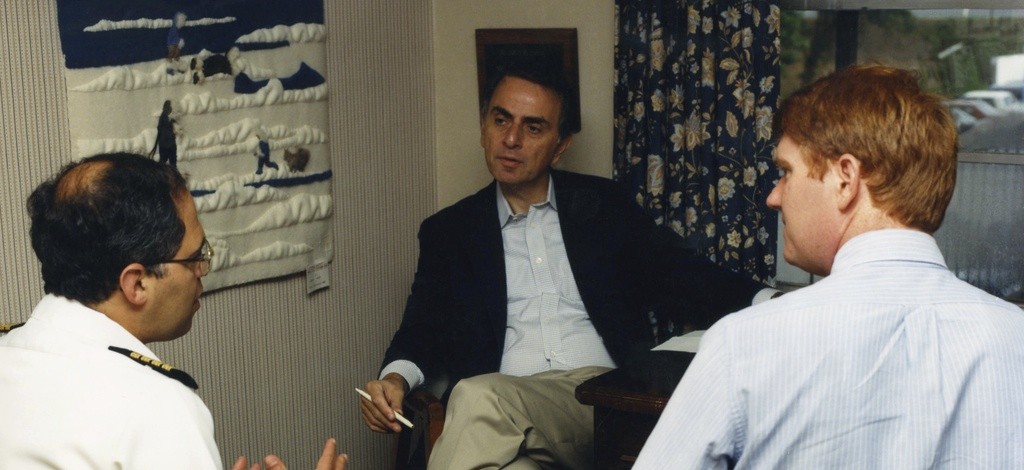The views and opinions expressed on the website are those of the authors and do not necessarily reflect the views or opinions of Niagara Foundation, its staff, other authors, members, partners, or sponsors.
By Andrew Seligson
Center for Interfaith Engagement Intern
August 5, 2015
Very often when we speak of interfaith dialogue, we think of the three Abrahamic traditions: Judaism, Christianity, and Islam. We often forget the variety of other religious and/or faith backgrounds that also shape the lives of their practitioners. Buddhism, Hinduism, Jainism, Wiccanism, Paganism, Baha’i, and many others. One though that really ought to be thought of as the interfaith community grows is Secular Humanism.
While saying that “Secular Humanism” is a religious system would raise controversy on both ends. At the same time, not recognizing it at a system of beliefs that can shape one’s outlook would be selling it short as a deep response to some of life’s biggest questions. There are many great thinkers, especially scientists and mathematicians, who identify with secular humanism: Carl Sagan, Stephen Hawking, Daniel Dennett, and many other brilliant people.
What distinguishes secular humanism from traditional religious practice? Though not always an atheism or non-theism, many secular humanists do not actively believe in a God of Creation, of Theology, or of Philosophy. There are, as a result, a lot of stigmas attached to this belief system, mostly because to religious folk like myself, God is such a central part of organizing our moral reasoning. I’d like to remove this stigma by going a bit more in-depth as to what secular humanists actively believe in.
Many of my secular friends are able to shape their moral outlook without believing in God. Often times, they are inspired by their parents/family members, great teachers or philosophers, or inspiring scientists with a cosmic perspective. They often think that we haven’t fully utilized our intuitive moral capacities, our capacity to be “human beings” if we need a cosmic creator to tell us what to do. Rather, the highest achievement of human moral reasoning is to do good simply for the sake of doing good.
I remember speaking with a good friend of mine from Oberlin College. He’s a physicist and a secular humanist. I was showing him a video of one of my favorite evangelists who I was particularly excited about. I asked him what he thought of the video and he said: “This is really awesome, and I can follow him up to a certain point, but when he starts talking about God, I just don’t agree”. And so I asked him, obviously not for the sake of converting him (I’m Jewish, anyway!): “Do you have any teachers who you really look up to?” “Yeah, of course!” “Well, I think this person here has great teachers too, but he sees the spirit of them all as unified in the spirit of Christ… Christ is the unified spirit of the wisdom of his teachers!” “Oh… Andrew. You always challenge me in the best ways”
I was so happy (and flattered) that I was able to get my friend to think about religion in a new way. At the same time, I reflected on the way I thought about my background. I always saw the great teachers, like this evangelist, as all sort of one thing: the spirit and tradition of wisdom. But he chooses to see them all as separate people, each with their own particular gift. This really challenged me to re-think my position, and we both left with a more nuanced picture of the way we thought about the people around us. I hope that my religious friends who read this can reach out to their secular friends, not for the sake of converting, but of truly meeting them with an open mind and seeing what can be learned from the mutual encounter

